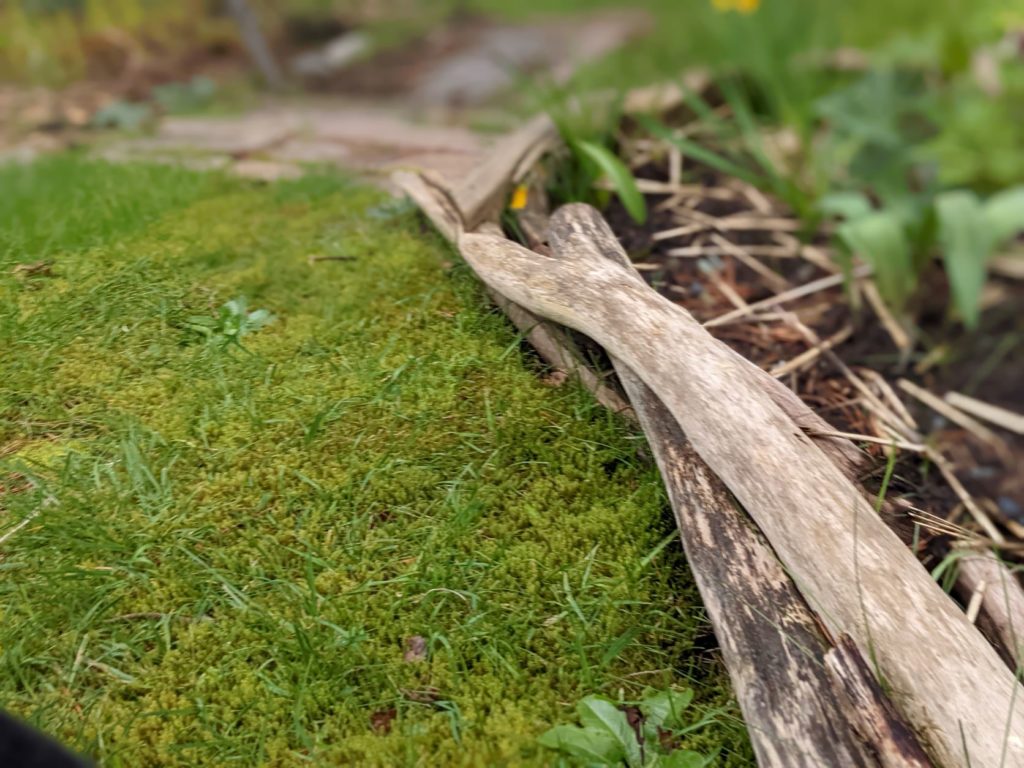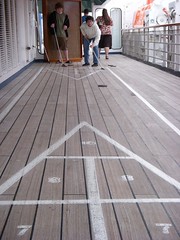It was super fun to come back and revisit a fine post from Curtis Ogden, Boundaries as Useful Fictions? : Interaction Institute for Social Change. In fact I referenced two quotes from his piece as a panel member for Incite Forum‘s event on taking a step out from work. So I get to use an OLD reference for a NEW post. Sweet. I figured at some point this messing about in my archives would stimulate something like this!

Piers Bocock invited me to join Waahida Tolbert-Mbatha, founder of Kgololo Academy and Chris Proulx of Humentum to talk about our individual experiments on taking time off work (a.k.a. sabbatical, stepping back, sort of retiring, etc.) For background from each of us Piers asked us to write short blog posts (Nancy’s Blog, Chris’s Blog, Waahida’s Blog)
Waahida started us off nailing all of the essential elements for me: how our identities are so wrapped up in our work, how work we love can blind us to the toll it is taking on us/our families, and all the values and expectations we and others put on us – real or imagined. Later in the conversation, her observation about the importance of always developing our successors, and the role of trust IN those folks, resonated to my organizational past experiences and those I see in my clients.
Chris came from the space of mindfulness as a response to this need to take a break and step back. I was struck by him telling the story of going for a three week silent retreat and returning still exhausted, anxious that he was not ready to return from his six week sabbatical (which is supported with company policy at his workplace, Humentum). He reflected that it was probably that retreat that allowed his body to process the burn out and that processing itself takes energy.
Since Waahida hit all the core issues for me, I twisted a bit and used Curtis’ musings on boundaries to frame my story of stepping back. There were two quotes that really illuminated the larger issues of our relationship to work. First was from Buckminster Fuller “You have to remember, every boundary is a useful bit of fiction.” Oh yeah. My workaholism was often a useful bit of fiction. The so called separation of work and the rest of our lives — fiction. Our preached values about work ethics in organizations and within ourselves as boundaries — fiction.
The second quote Curtis included in his post was from the Swiss Social Scientist, Werner Ulrich. “…boundaries and divisions are an expression of what people see and value from their particular perspective.” This immediately had me think of the boundaries created by organizational silos and roles. (See this great reflection from Harold Jarche on Super Connectors — those who work across boundaries). These boundaries both create useful limits and suffocating or even rotting constraints. It also harkened back to Waahida’s comments on trust.
I realize I had put together my little list of tips but never shared it explicitly:
- Plan financially as best you can to have a cushion to afford a break – right from the start. This is particularly salient in our consumer culture where we save to buy things. We can also save to be and do.
- Listen for the signals of burnout before the flame out.
- For independents, if we fear disappearing while taking a break, work with a partner(s) to support each other through rest periods. Reflect and write a bit to keep visible. We aren’t dead. We are taking a break so we can stay ALIVE!
- Talk about sabbaticals to young professionals. This is not just something for us geezers. How younger generations view work is different. What are the implications?
- If you are in an organization, make infrastructure changes. Policies and values drive a lot of the fear that in turn drives this myth that if I work longer, it is better. If I can claim more ticks on my to do list, that I am better. By the way, this is killing people who are also carers for their family members, across all generations. There are gender and racial implications that cannot be ignored, especially when policy and role modeling often comes from the privileged top of the org.
Finally, in the q&a phase Tony Brown asked about actualizing some of the insights about valuing taking breaks (and taking care.) I mean, we all loved talking about this. Sure, we are the converted. No one else has time to talk about taking time off!! We might consider tools and simple actions as the way in.
The Liberating Structure Ecocycle came to mind. I’ve been really enjoying using and seeing it used as a personal reflection tool. If we looked at our individual work portfolios, we might notice if and where we are getting out of balance, if there are things we are doing that no longer add value, or things that would add value but we can’t seem to slip into doing them. With this insight, we can more consciously make adjustments, ask for support or change. We could then add the layers in the department, division and organizational level to see how healthy our work practices are, where things add or do not add value and first steps to make needed changes. (A Panarchy view).
Update Tuesday morning – I was reading Patti Digh’s newsletter (look for the subscription link near the top of this page – always good stuff) and followed the link to this post on Mic Crenshaw. Great food for thought about how we choose/are forced to spend our time and how we can be present while we spend that time. It fit with the post above for me. For you?
 In her PhD work, Lilia Efimova has been one of my teachers and thought partners, starting from the summer she spent with my family here in Seattle while doing a fellowship at Microsoft Research. In the post
In her PhD work, Lilia Efimova has been one of my teachers and thought partners, starting from the summer she spent with my family here in Seattle while doing a fellowship at Microsoft Research. In the post